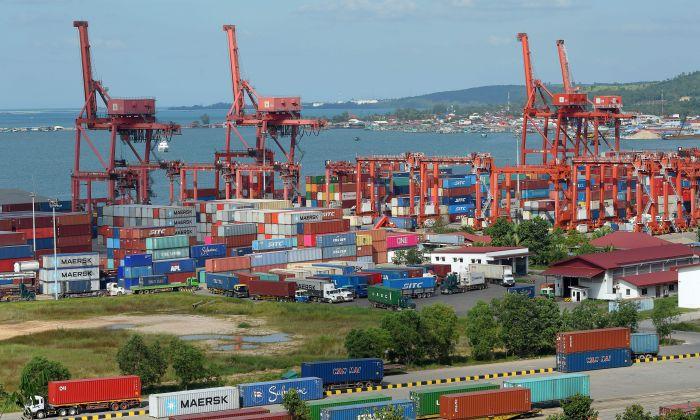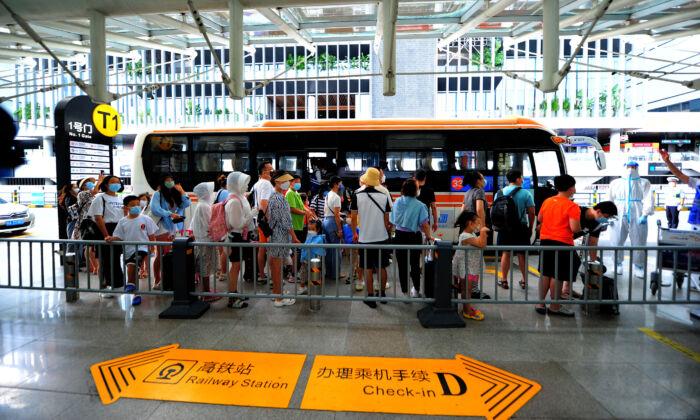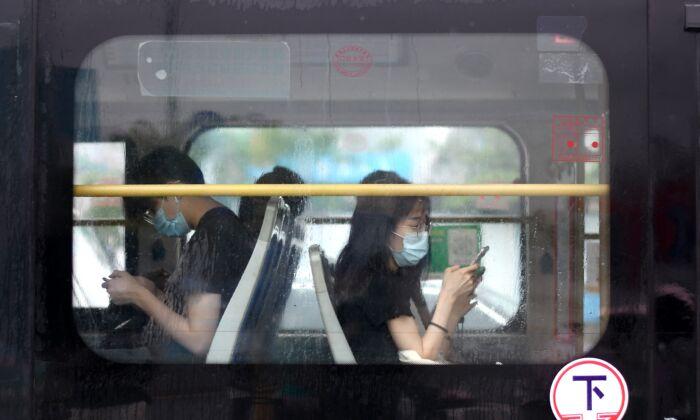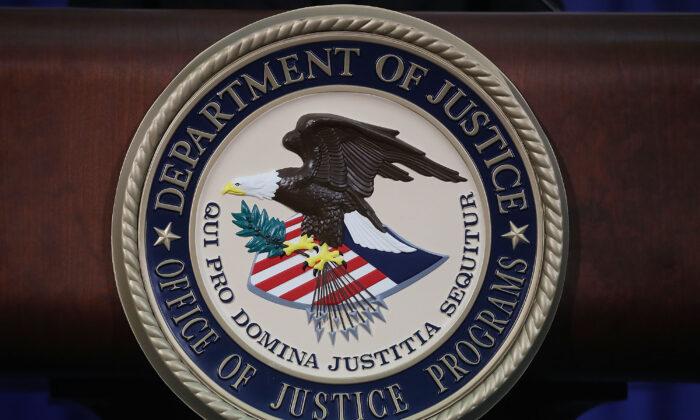The U.S. embassy in Cambodia confirmed on June 19 that U.S. authorities have fined several Cambodia-registered companies upon discovery that they transshipped China-made goods to the United States in a bid to assist Chinese exporters in dodging U.S. tariffs.
The embassy did not say how many companies were involved in the case, nor whether any had Chinese ownership. But all of them were based in the Sihanoukville Special Economic Zone (SSEZ), a key project of the Chinese regime’s One Belt, One Road (OBOR) initiative.
OBOR was launched in 2013 as China’s flagship foreign policy initiative, whereby it seeks to gain geopolitical influence through investing in infrastructure projects throughout Southeast Asia, Africa, and more.
Transshipping via Cambodia
“The Department of Homeland Security has inspected and fined a number of companies for evading tariffs in the United States by routing goods through Cambodia,” Arend Zwartjes, spokesman of the U.S. embassy in Cambodia,
told Reuters on June 19.
So far, it’s unclear which kinds of Chinese goods these companies have transshipped, nor the amount of the fines.
According to China’s Ministry of Commerce (MOC), the primary businesses at
SSEZ are textiles, garments, metal processing, machinery, the light industry, home appliances, bags and leather products, and timber.
The Cambodian government launched a special policy at SSEZ, wherein businesses there are exempted from paying import duties and export tariffs; don’t need to pay income tax if company profits are used to invest back into the business; and can exchange currencies freely.
China is Cambodia’s
largest trading partner and the largest source of the country’s imports. China is also the largest foreign investor and provider of foreign aid.
MOC statistics
shows that China exported $6.01 billion in valued goods to Cambodia in 2018, 25.7 percent higher than 2017. Chinese companies cumulatively invested $5.45 billion in Cambodia at the end of 2017.
Chinese companies have benefited greatly from Beijing’s investments. In 2018, Chinese companies won $2.88 billion in construction orders from Cambodia, bringing the total value of construction orders from the southeast Asian nation to $20.42 billion.
One Belt, One Road in Cambodia
As described by the
MOC in an investment guide on the country, Beijing treats Cambodia as an important player in its OBOR ambitions.
China’s state-run media Xinhua
reported in July 2018 that Chinese companies have signed deals to build Cambodian transportation projects, including highways, ports, and airports, under the framework of OBOR.
The Xinhua report quoted Hun Sen, the Cambodian prime minister, as saying that Chinese companies have constructed more than 2,600 kilometers (1,615 miles) of roads in Cambodia thus far.
The report did not disclose the value of those deals.
But experts have already
raised the alarm that Chinese investments in Cambodia could force the nation into a debt trap.
The SSEZ located in Sihanoukville City, 1.9 miles away from an airport and 7.5 miles from a port, is a key OBOR project,
promoted by both Chinese leader Xi Jinping and Chinese Premier Li Keqiang.
Transshipment
Cambodia is the latest location of Chinese goods transshipment in order to avoid U.S.
tariffs imposed amid the U.S.-China trade dispute.
On June 9, Vietnam’s customs department
stated that it was developing a process to better identify and impose penalties on businesses that import Chinese goods and export them to the United States after illegally relabeling them as “Made in Vietnam.”
The department said in a statement: “The faking of origin and the illegal transshipment of goods happens most often in the sectors of textiles, seafood, agricultural products, tiles, honey, steel and iron, aluminum, and timber products.”
Meanwhile, the Taiwanese government also
announced recently that it has stepped up measures to prevent the island from being used as an intermediate destination for illegal transshipment of Chinese-manufactured products.
Japanese media outlet Nikkei
claimed in a June 1 report that Chinese goods were also being transshipped to Mexico before arriving in the U.S. market, based on its analysis of shipping data.





